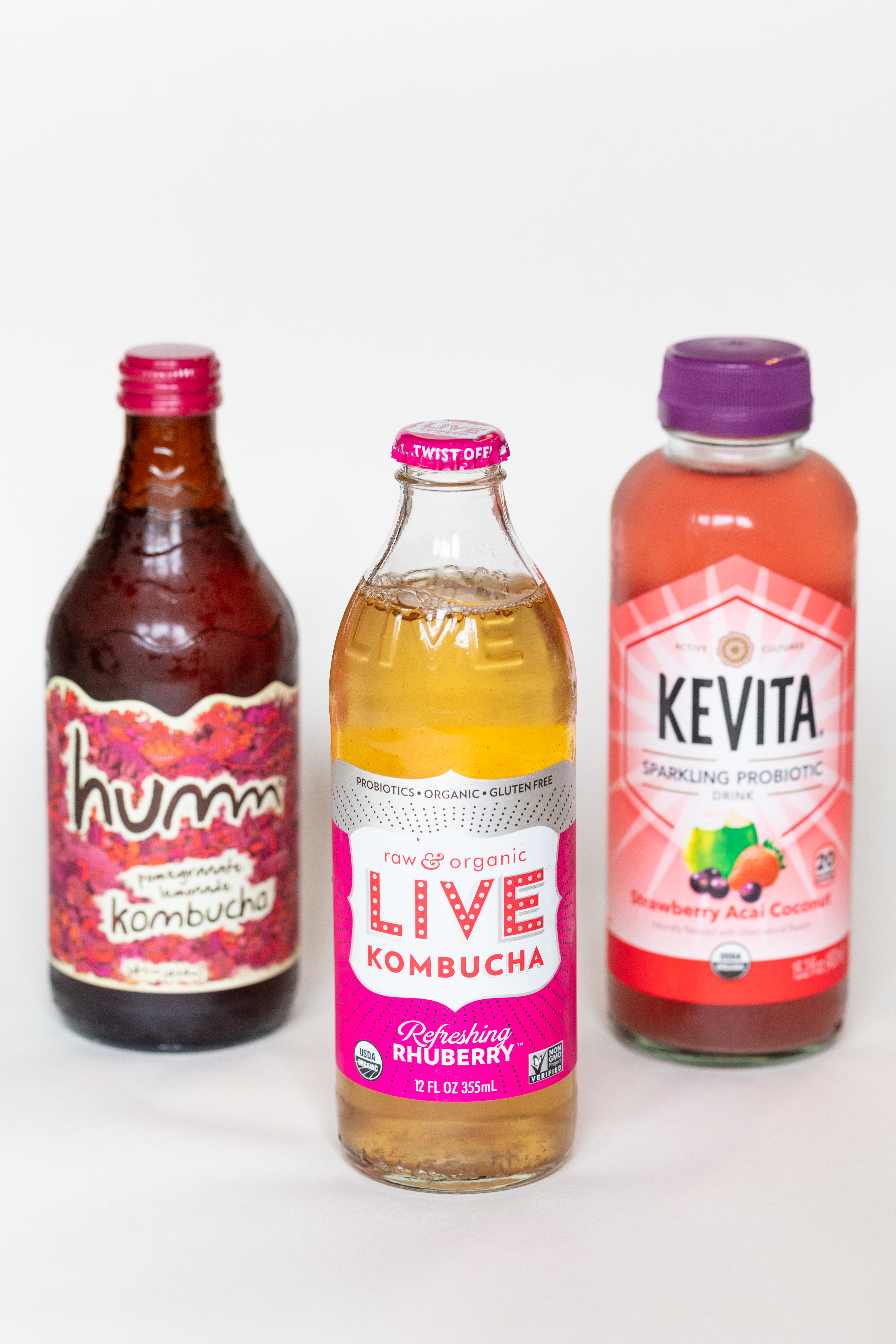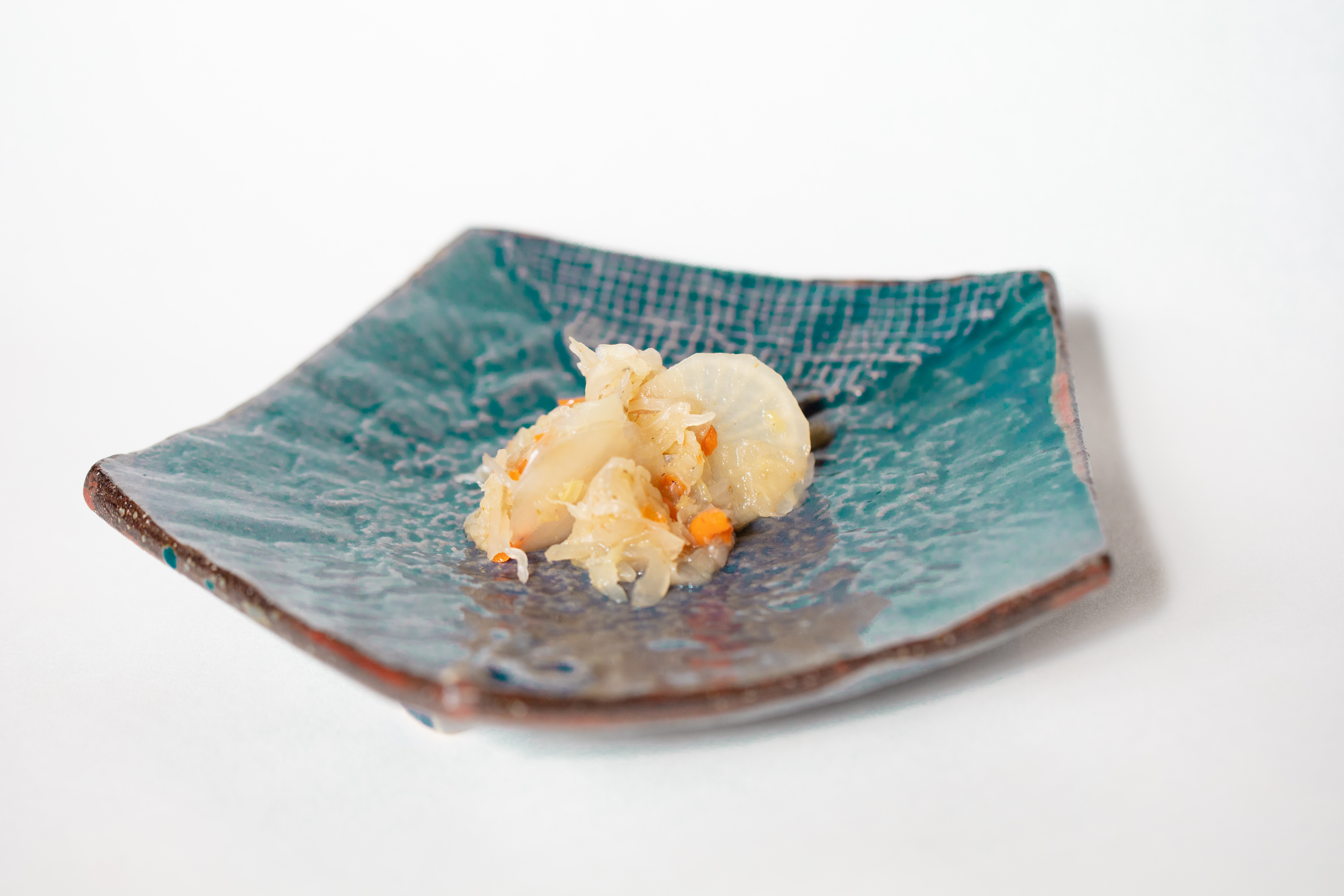
Probiotics
You’ve most likely heard of probiotics for good gut health. It’s a hot topic with a lot of buzz right now. There has been some promising research to suggest that if we keep our digestive tract happy, the rest of our bodies will follow suit. Yes, even including our skin.
What are Probiotics?
So what are probiotics anyway? Simply put, probiotics are live microorganisms like bacteria and yeasts that have health benefits.

Your body hosts large numbers of microorganisms on the inside and out. These tiny “bugs” help keep you in a state of good health and homeostasis. Sometimes these good bugs get out of balance and that leaves the door open for bad bugs to take over. When that happens you can experience digestive issues, infections, allergic disorders, and skin conditions like rosacea and eczema.
Probiotics are intended to be the same or similar to the good bugs that live in and on your body. If your good bugs need some help then a probiotic is meant to be that help. If you can keep the good bugs healthy, that can translate to a healthy body overall.

What to Look for in a Probiotic:
If you want to try taking a probiotic there are some things to keep in mind because not all are created equal.
- It’s always best if you can obtain probiotics from fermented foods and beverages like Kimchi, yogurt and kombucha but if you are not a fan of those foods then taking a probiotic supplement is a great option.
- The FDA regulates probiotics like food instead of like medicine. This means that the makers of probiotic supplements (or any other supplements) don’t have to prove that their product is safe and that it works. You want to make sure you are getting what you pay for. Look for established manufacturers of probiotics. These guys will go the extra mile to have their products verified by outside groups that have a reputable history of certifying supplements. A few names to look for are ConsumberLab, NSF International, US Pharmacopeial Convention (USP), and Good Manufacturing Practice Certification (GMP). Some manufactures will list the certification directly on the bottle but some do not. If you are purchasing your probiotic from a store or pharmacy, you could ask a store employee or pharmacist. Another option is to go directly to the manufacturer’s website. If you are unsure or can’t find this information then choose another probiotic. There are a lot of different brands out there.
- Look for a probiotic that contains multiple strains of Lactobacillus and Bifidobacteria. There are a lot of different strains of bacteria that live in our guts and we don’t yet know the functions of all of them or what each one needs to thrive. If you can add a combination of strains, then you greatly improve your chances of a healthier gut and skin.
- Your chosen probiotic should contain ten billion colony forming units (CFU) per dose. CFU’s are the amount of living probiotic organisms. Studies have shown that ten billion CFU’s was effective for treating antibiotic-associated diarrhea.
- The packaging should have information about the viability of the probiotic. Manufacturers may use enteric coating or some other proprietary process for protecting the probiotic. Look for an expiration date as well. You may also need to refrigerate your probiotic. These live organisms don’t like heat and can die during transport from manufacturer to the store. They can also die when they are exposed to the acid in our stomachs. We want the bacteria to be alive when it reaches our gut so it can work.
Lastly
Your body is a true miracle that possess everything it needs to grow and thrive. It’s a fine-tuned machine that functions perfectly without you even realizing what’s going on. Sometimes that magical machine gets a wrench in it and needs a little help. Probiotics just might be exactly what the doctor ordered!

References
Antimicrobials from human skin commensal bacteria protect against Staphylococcus aureus and are deficient in atopic dermatitis
Is There a gut-brain-skin axis?
Message in a Bottle: Dialog between Intestine and Skin Modulated by Probiotics.
Probiotics: In Depth
The Beauty of Dirty Skin by Whitney Bowe, MD with Kristin Loberg




